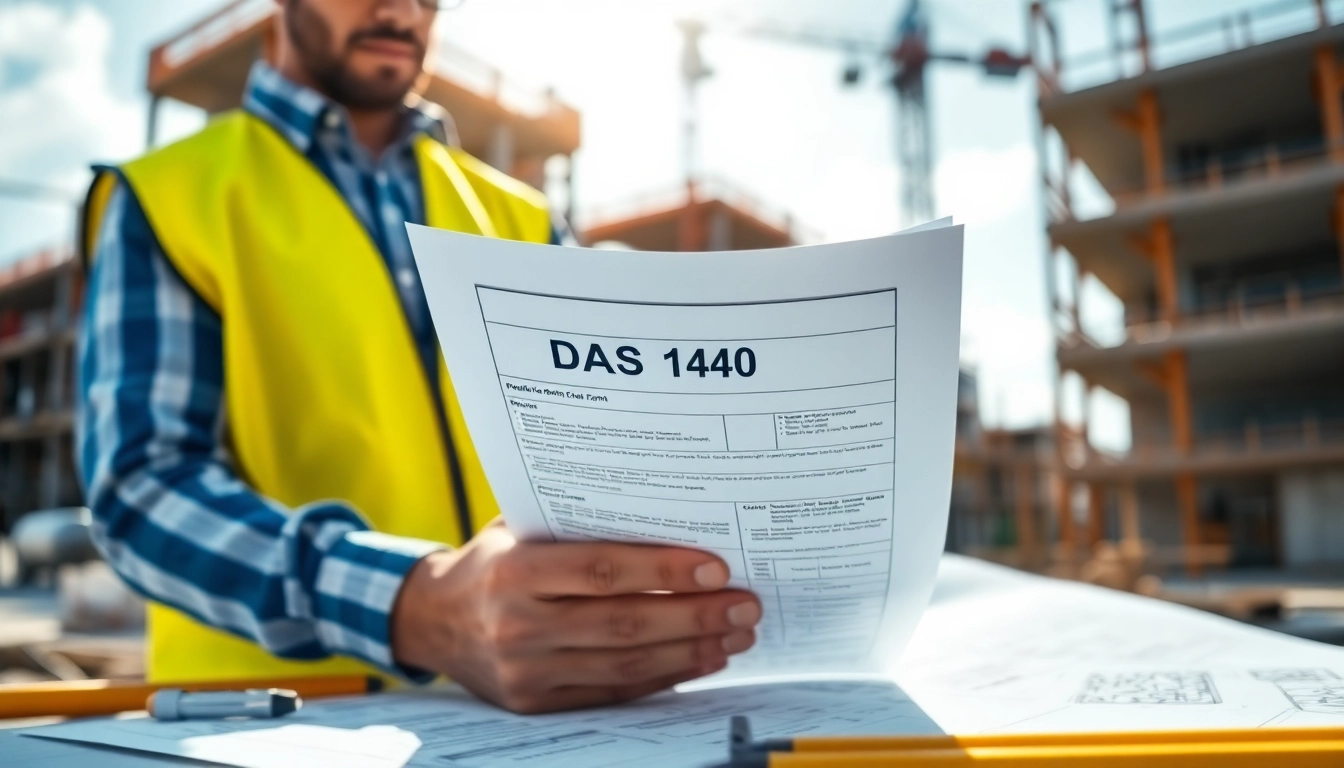Defining the Concept of a State
Understanding the term State is essential for grasping the complexities that underpin society’s organizational structures. A state is fundamentally a political entity that governs a specific territory, comprising a defined population that subscribes to a common set of laws and norms. In this capacity, the state acts as a regulator of social interactions and economic transactions, wielding the authority to impose laws, collect taxes, and maintain order. This definition, while seemingly straightforward, leads us toward a deeper examination of the historical context, types, and functions of states within the global political landscape.
The Political Entity Explained
A political entity, in the context of the state, is a collective of individuals that forms a community under one governing body. This entity exercises sovereignty over its territory, which means it operates independently from external control. The government serves as the apparatus through which the state exerts this power. The interplay between state functions and governance structures shapes the overall effectiveness of how society is organized.
Historical Context of States
The evolution of the state can be traced through significant historical milestones, from early tribal federations to the complex nation-states we recognize today. Initially, states emerged as primitive forms of governance among tribes that required order, protection, and resource allocation. The Treaty of Westphalia in 1648 marked a significant turning point, as it established the principles of state sovereignty and non-interference that continue to govern international relations. As societies grew more complex, states also evolved, leading to various governance styles, including monarchies, democracies, and autocracies.
Types of States: Nation-States vs. City-States
When discussing types of states, one often encounters the terms ‘nation-state’ and ‘city-state.’ A nation-state refers to a sovereign entity characterized by a distinct national identity, often promoting a shared culture, language, and history among its citizens. In contrast, city-states, such as ancient Greece’s Athens and Sparta, functioned as independent sovereign entities. Today, they exist in forms such as Monaco and Singapore, showcasing unique political structures that govern smaller populations within defined areas. Understanding these types assists in analyzing the complexities within global governance and international relations.
Structures of State Governance
Governance structures within a state are crucial for maintaining order and enacting policies. They define how power is distributed and exercised, influencing everything from daily administrative affairs to national policy decisions. The modern state is typically divided into three branches of government: the executive, legislative, and judicial branches.
Branches of Government
The three branches of government serve distinct functions and are designed to maintain a system of checks and balances. The executive branch implements and enforces laws; it is represented by the head of state or government and touches various administrative agencies. The legislative branch, often consisting of a parliament or congress, is responsible for making laws, representing the electorate, and overseeing government operations. Finally, the judicial branch interprets laws and administers justice by resolving disputes that arise under state legislation.
Federal vs. State Governments
In countries structured as federations, such as the United States or Germany, authority is divided between the national (federal) government and individual state governments. Each level of government possesses its own defined powers and responsibilities, which can lead to conflicts and cooperation. For instance, while the federal government may regulate interstate commerce, individual states have jurisdiction over education and transportation within their borders. Understanding this dynamic is critical for navigating the complexities of governance in a federal state.
Role of Local Government Bodies
Local government bodies, which operate at municipal or county levels, play an essential role in governance by addressing community-specific needs and concerns. These bodies manage services such as public education, local law enforcement, public transportation, and zoning regulations. Their importance cannot be overstated, as they often serve as the most immediate interface between citizens and state governance, ensuring that policies are enacted effectively at the grassroots level.
Functions and Responsibilities of a State
The functions of a state are vast and multifaceted, encompassing a range of activities that serve to maintain order, provide services, and promote the general welfare of its citizens. These functions include law enforcement, social services, economic management, and infrastructure development.
Law and Order Maintenance
The maintenance of law and order is one of the most fundamental responsibilities of a state. This function is primarily executed through law enforcement agencies, judicial systems, and correctional facilities. Law enforcement agencies ensure the enforcement of laws designed to protect citizens and maintain public order, while the judiciary interprets these laws, providing justice through the resolution of disputes and the prosecution of offenders. Effective law enforcement builds trust between citizens and their government, fostering a sense of security within society.
Social Services and Welfare
States are also responsible for providing a range of social services aimed at improving the welfare of their citizens. These services can include healthcare, education, housing assistance, and social security. By facilitating access to essential services, states help mitigate poverty and inequality, fostering a more equitable society. Governments must continually adapt these services to meet changing demographics and social needs, ensuring that all citizens have equal access to opportunities.
Economic Management and Infrastructure Development
Economic management is another critical function of the state, involving the regulation of markets, maintenance of currency, and fiscal policy implementation to promote growth and stability. Infrastructure development, including transportation systems, public utilities, and telecommunications, also falls under this remit. A well-developed infrastructure can significantly stimulate economic activities and improve the overall quality of life for citizens by providing essential services and connectivity.
The Relationship Between Citizens and the State
The relationship between citizens and the state is foundational to democratic governance and is characterized by mutual rights and responsibilities. Citizens owe allegiance to the state, while the state guarantees certain rights and protections to its citizens.
Citizenship and Rights
Citizenship is a legal status that confers rights and responsibilities upon individuals within a state. It typically includes the right to vote, access to public services, protection under the law, and the ability to participate in the political process. However, citizenship also comes with responsibilities, such as obeying laws, paying taxes, and serving on juries. The recognition of these rights ensures that citizens can engage actively with their government, influencing policies that affect their lives.
Political Participation and Civic Engagement
Political participation and civic engagement are essential to ensuring that a state’s governance reflects the will of its people. Mechanisms such as elections, public consultations, and community meetings facilitate citizen involvement in the political process. States benefit from promoting active engagement, as it enhances legitimacy and strengthens democracy, making governance more responsive and accountable. However, barriers to participation, including socioeconomic disparities and disenfranchisement, require ongoing attention and action to ensure fair representation.
Accountability and Transparency
Accountability and transparency are fundamental principles underlying a healthy relationship between citizens and their state. States must operate transparently, providing citizens with access to information about government activities, budgets, and decision-making processes. Mechanisms such as freedom of information laws, independent auditing, and public oversight can ensure that citizens can hold their government accountable for its actions and expenditures. This accountability fosters trust and engagement, essential for maintaining a stable and productive society.
Challenges Faced by Modern States
As states navigate the complexities of contemporary governance, they encounter a myriad of challenges that can threaten stability, security, and the welfare of their populations. These challenges range from globalization and environmental crises to social discord and emerging policy dilemmas.
Globalization and Its Impact
Globalization presents both opportunities and challenges for states. While it can foster economic growth through increased trade and investment, it also raises concerns regarding economic inequality and cultural homogenization. States must balance the benefits of globalization with the need to protect local industries and cultural identities. Additionally, interconnected economies mean that economic crises in one region can have far-reaching impacts, necessitating cooperative policy responses at international levels.
Environmental and Social Issues
Modern states are increasingly challenged by environmental issues such as climate change, resource depletion, and pollution. These challenges require comprehensive policy responses and cooperative international efforts to promote sustainability and protect natural resources. Social issues, including rising inequality, migration pressures, and ethnic tensions, also pose significant challenges. States must engage in proactive policies that address social grievances and promote inclusivity to maintain social cohesion and stability.
Policy Responses to Emerging Threats
Emerging threats, such as cyber terrorism, pandemics, and geopolitical tensions, require states to be agile and responsive in their governance. This might include investing in cybersecurity, enhancing public health systems, or building diplomatic relations to mitigate conflicts. Proactive policy development, risk assessment frameworks, and contingency planning are crucial for effective state governance in addressing these emergent challenges. State officials and policymakers must work closely with experts across various fields to devise comprehensive strategies that ensure the safety and well-being of citizens.



